4. Risk Assessment
Payment processors may view dental practices as higher risk compared to retail businesses because the services rendered can't be returned or refunded easily. The quality of the dental practice software security used can also influence the overall risk assessment. Additionally, many dental practices offer payment plans or memberships involving recurring billing, which introduces extra risk factors such as maintaining current customer information and managing recurring payment disputes. These perceived risks can all lead to higher processing rates.
5. Card-Not-Present Transactions
Dental practices often process payments over the phone or online for appointments or services. These "card-not-present" transactions carry higher fees due to increased fraud risk and chargebacks, which can negatively affect the
practice’s profitability.
6. Compliance and Security Costs
Dental practices must adhere to stringent data security standards to protect patient information. Investing in compliance with
PCI DSS (Payment Card Industry Data Security Standard) can add to overall processing costs.
7. Recurring Billing
Many dental practices use recurring billing for payment plans or membership programs. While convenient, recurring billing can sometimes incur additional fees, adding to the overall cost.
8. Limited Negotiating Power
Smaller dental practices might not have the same negotiating power as larger businesses to secure lower processing rates, resulting in higher fees.








